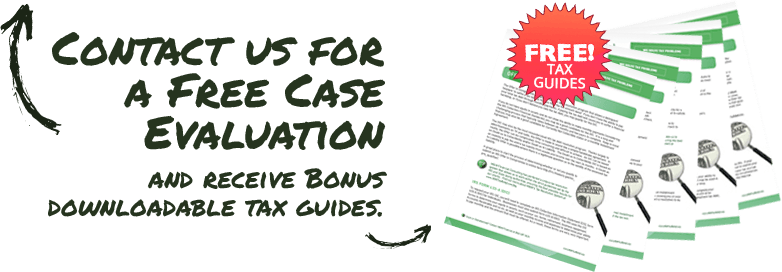If I Commingle, Will It Affect My Tax Debt Resolution?
As small business owners, we have a lot to keep track of. And with so much going on in our personal and professional lives, it’s easy to let the two blend together. There are some things that must be kept separate, however, and money is at the top of the list. If you are a sole proprietor, keeping your business and personal funds separate is a good practice, but not a requirement. But if you own a corporation, separating your personal and business finances is a must.
In general, it is improper to commingle business and personal funds. Examples of this include but are not limited to depositing business checks into personal bank accounts, using business funds to pay personal expenses, and using one bank account for both business and personal expenses. What about a corporation paying its owners home mortgage? That is considered commingling, too.
Protect Yourself from Your Business Payroll Tax Debt
Commingling compromises the personal protection created for you when your corporation was formed. This protection may be eliminated if your personal and business finances are not kept completely separate.
So, if your corporation is paying your personal mortgage (or any other personal expense) from a corporate bank account, stop this practice today, and pay your personal expenses through your personal bank account. If necessary, increase your personal income from the business. Once you have those funds in your personal bank account, then you can pay your personal mortgage payment or other expense from your personal account.
M&M Financial solves back tax problems and educates its clients throughout the process. Contact M&M today if you have questions about commingling or need help resolving a tax debt.









